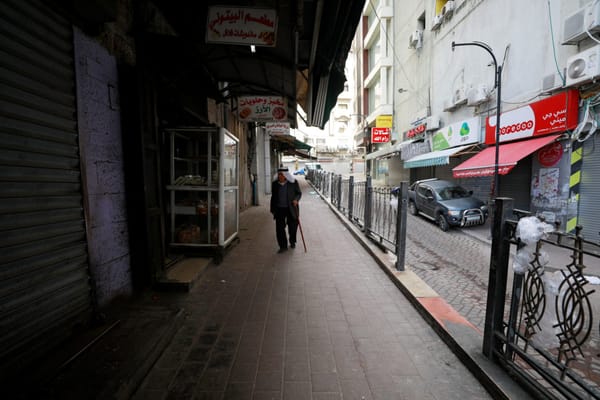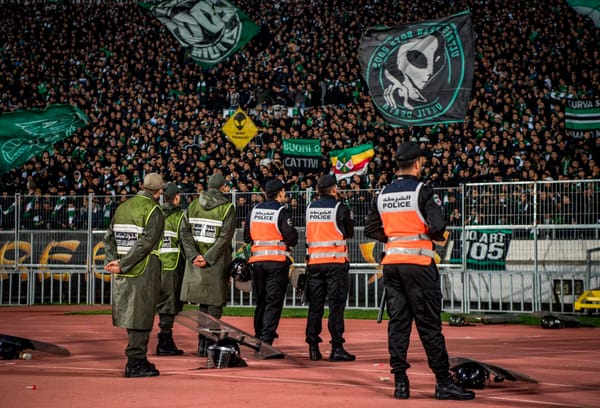

COVID-19

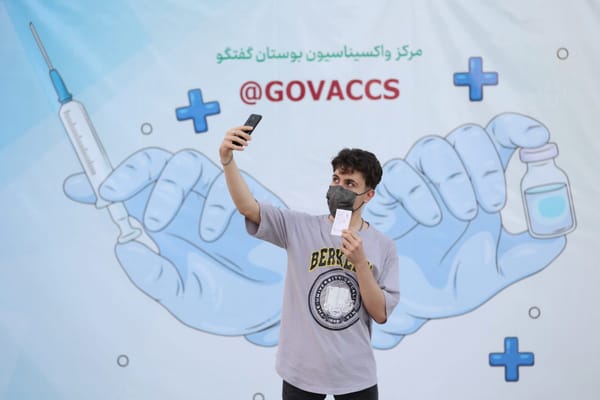
Balancing Ideology and Responsibility in Iran’s Battle Against COVID-19
Like all governments, Iran’s response to the coronavirus pandemic combines public health measures with ideological messaging. Schwartz and Gölz analyze Iran’s visual iconography and the politics of the state’s early narratives of self-reliance and resistance and why these shifted when vaccines becam
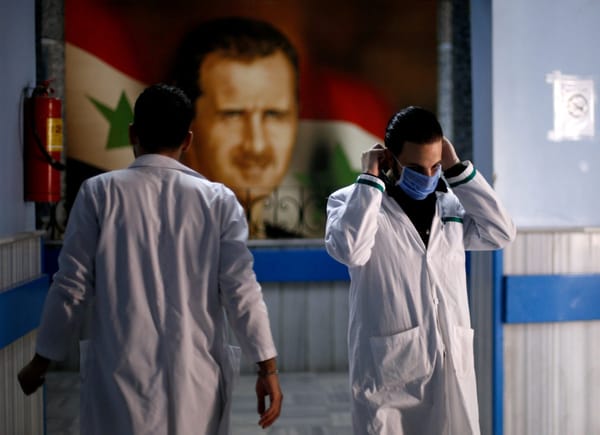
Illness as Metaphor and Reality in Syria
The regime’s narrative of infection, disease and germs is symbolic and constituent of its internal logic. Using the metaphor of illness, the state justifies killing dissenters (labeled terrorists) by portraying them as germs that must be eradicated in order to ensure the survival of the country as e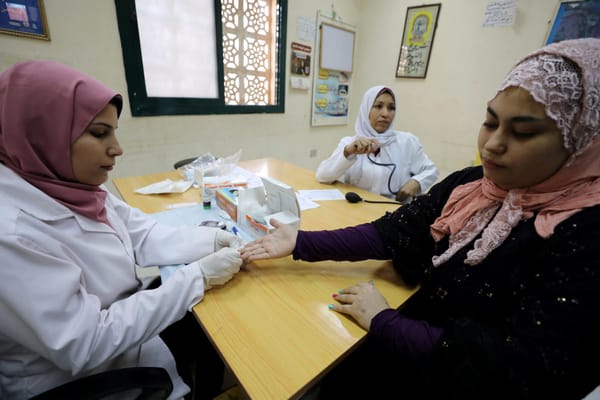
Hepatitis C, COVID-19 and the Egyptian Regime’s Approach to Health Care
As social phenomena, epidemics and the responses they generate reveal much about a country’s political economy and a state’s relationship with its citizens. In Egypt, the manner in which President Abd al-Fattah al-Sisi’s regime has approached an epidemic of hepatitis C on the one hand and the arriva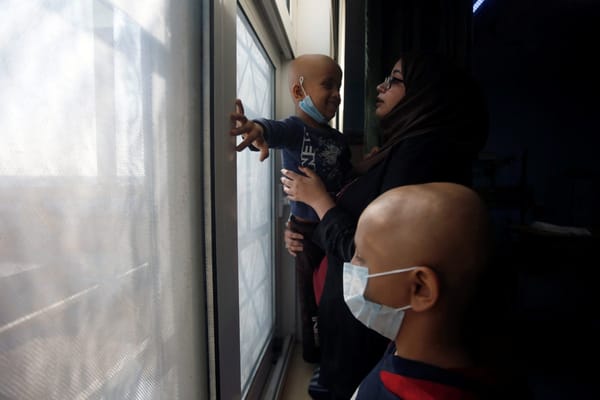
The Long Shadow of Iraq’s Cancer Epidemic and COVID-19
The epidemic of cancer in Iraq that emerged after the 1991 Gulf War has afflicted nearly every family. In response to a health care system devastated by sanctions and war, Iraqis acquired decades of experience piecing together novel mechanisms for obtaining treatment. The tendency of families to relHealth and the Body Politic
This issue of Middle East Report explores the interactions of the body politic with health and medicine and examines the entanglements of physical bodies in the institutional and political processes that govern them. Articles in this issue explore a range of different landscapes and ecologies of pol
The Long Shadow of Iraq’s Cancer Epidemic and COVID-19
The epidemic of cancer in Iraq that emerged after the 1991 Gulf War has afflicted nearly every family. In response to a health care system devastated by sanctions and war, Iraqis acquired decades of experience piecing together novel mechanisms for obtaining treatment. The tendency of families to rel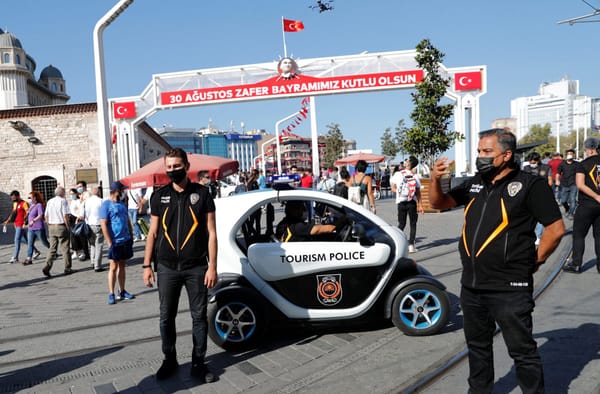
Rebranding the Turkish State in the Time of COVID-19
As Turkish scholars residing in the United States when the pandemic began to curtail normal life, Ergin Bulut and Başak Can signed on to take the Turkish government’s evacuation flight home. This experience and their time spent in government-managed quarantine yielded interesting insights into the s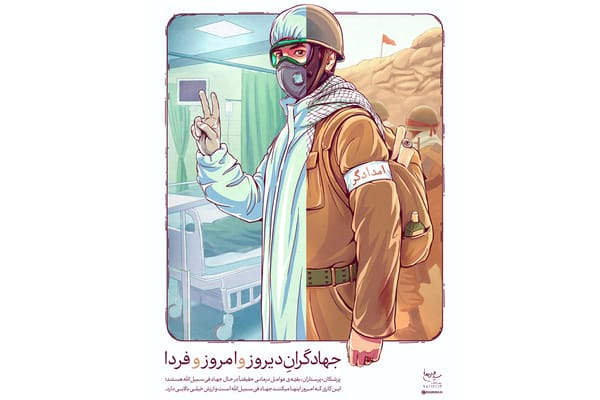
Going to War with the Coronavirus and Maintaining the State of Resistance in Iran
The Iranian government is fighting against the coronavirus pandemic not only with travel restrictions and social distancing rules, but also with ideological tools that promote unity and resistance. Through the production of posters and other media, Iran is creating connections between earlier battle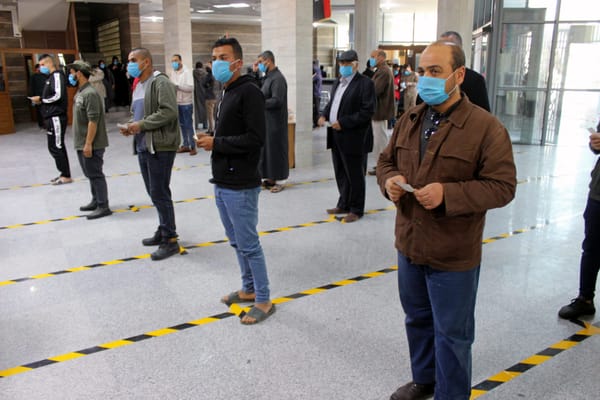
Why Civil Society is Libya’s Best Defense Against the COVID-19 Pandemic
With its national government in fragments and fighting ongoing, Libya was in an extremely vulnerable position when the COVID-19 pandemic arrived in March. Four months later, however, infection rates have been kept relatively low. Nada Elfeituri explores the crucial role of post-Qaddafi civil society